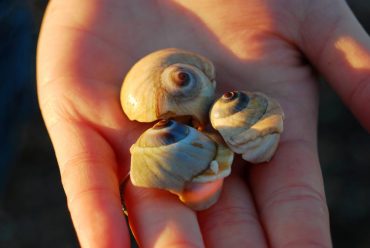 The United Nations has designated May 22nd as International Day for Biological Diversity and this year, the specific theme is “Biodiversity for Sustainable Development.” I visited the United Nations website to learn more about what this day meant to the United Nations and what it could mean for me. And there is a lot of information to process. If you are interested in the details and strategic goals of this program, please visit www.cbd.int.
The United Nations has designated May 22nd as International Day for Biological Diversity and this year, the specific theme is “Biodiversity for Sustainable Development.” I visited the United Nations website to learn more about what this day meant to the United Nations and what it could mean for me. And there is a lot of information to process. If you are interested in the details and strategic goals of this program, please visit www.cbd.int.
What is biodiversity? It is simply the variety of life on Earth. When you walk through a cornfield, there is relatively low biodiversity. Compare that to a hike through an old-growth forest on the Olympic Peninsula, which is teaming with life at all levels from the soil to the tops of the tree canopy.
How do people meet their needs for food and shelter while maintaining a wonderful diversity? The bleak biodiversity discussions of my youth centered on the number of species lost annually, the number of insects or plants that might not ever be named and researched and would Earth be like without humans. It seems that the data being reported and the intent of the discussion has changed and honestly, I think it has improved.
Biological diversity also includes humans, and as such, we should be part of the reported statistics. Besides, the vast majority of people do not make difficult lifestyle choices to protect a small, distant, little insect or a tiny, slimy invertebrate. Most of Earth’s biodiversity simply doesn’t capture humanity’s long-term imagination.
But here are some numbers from the United Nations about biodiversity and the human condition that I think most people will find daunting:
- More than 3 billion people depend on marine or coastal biodiversity.
- More than 1.6 billion people rely on forests and non-timber forest products.
- More than 1 billion people in arid and semi-arid landscapes have their livelihoods threatened by habitat destruction.
Do you or someone you know fall into the above statistics? I certainly do. As an employee of Harbor WildWatch, I depend on a rich marine biodiversity to engage and educate children and adults about the Puget Sound and how to become helpful stewards for its health. Many people in our community have timber-related jobs or jobs related to the ports, fishing or tourism. And it might be easy for Western Washington residents to forget with our continual winter rains, but the east side of the state is very dry and that affects everything from agriculture to summer wildfires.
I like this year’s theme, “Biodiversity for Sustainable Development” because it acknowledges the impacts of the human population. And, the important question that underlies the theme is not “what can we do for biodiversity, but what can biodiversity do for us.” Selfish perhaps, but by making biodiversity relevant to our future quality of life, it makes biodiversity something worth conserving.
I realize that this can often be a contentious topic with many perspectives and personal values. But, as a culture, if we invest in scientific literacy and a strong respect for the humanities, it will arm the generations to come with a knowledge base to make informed choices.
And I personally believe if we aim to choose the most sustainable choice, even if it is not initially the most economically favorable in the short term, that it will protect more people from poverty and lead to increased prosperity for future generations.
So head to the beach, a woodland trail or your backyard and see what variety of life you can find, from the tiny worm to a black bear or an old-growth Douglas fir — and simply be amazed.






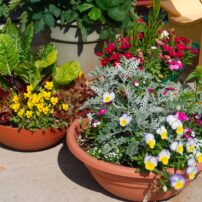

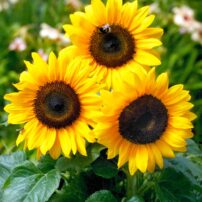

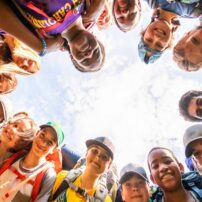
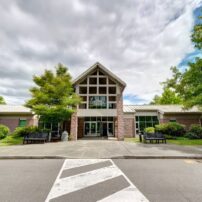
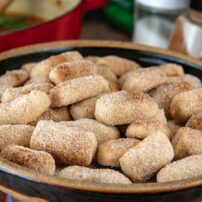






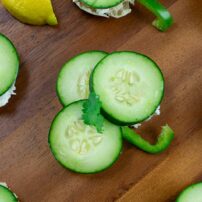

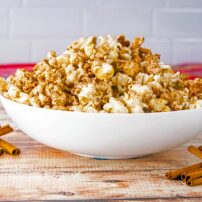


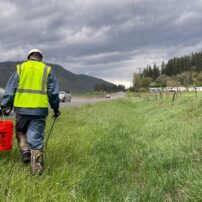
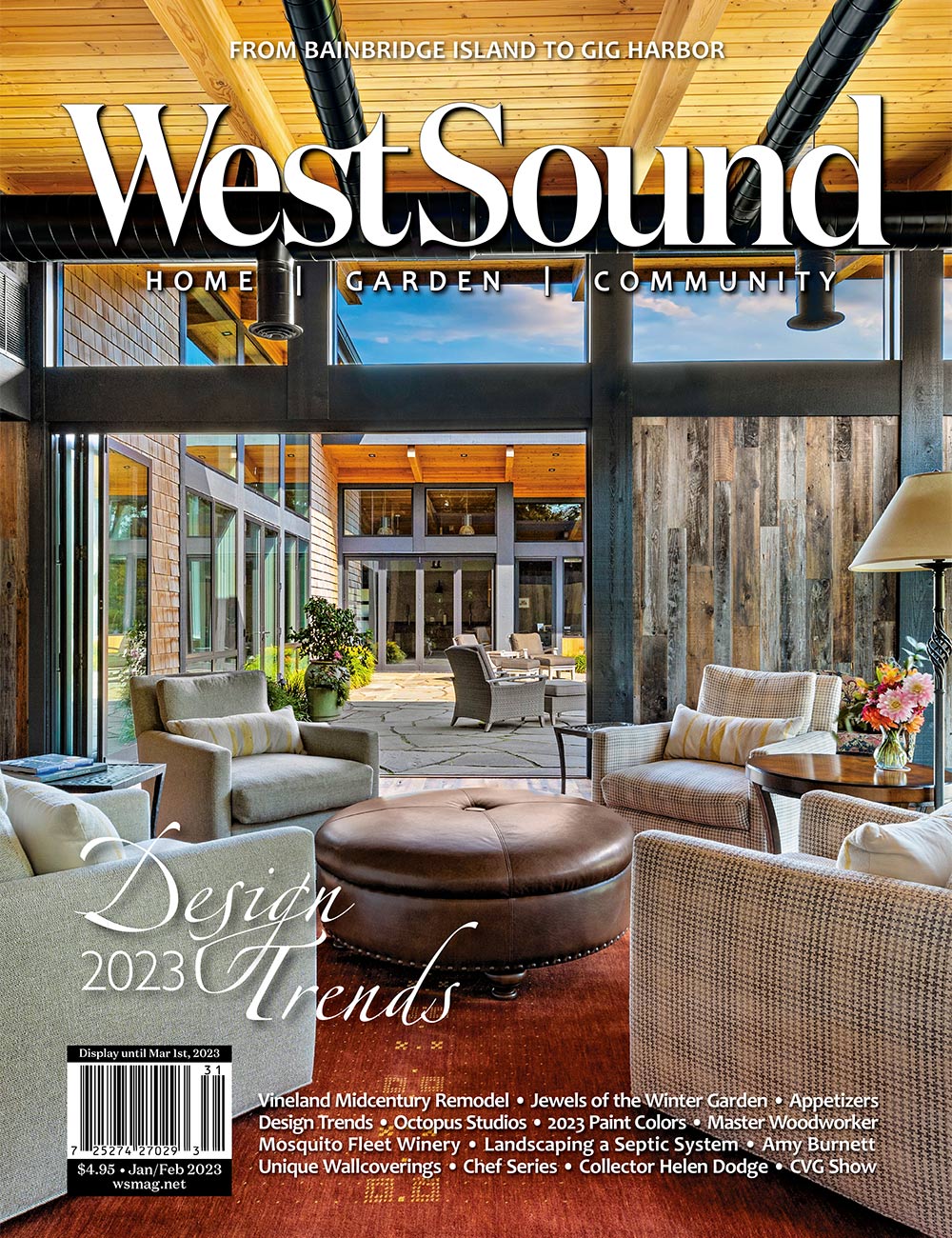
Comments